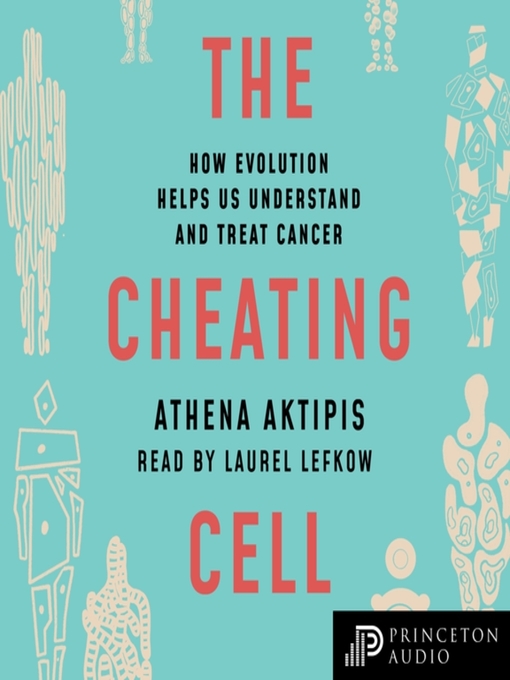This audiobook narrated by Laurel Lefkow offers a fundamental and groundbreaking reassessment of how we view and manage cancer
When we think of the forces driving cancer, we don't necessarily think of evolution. But evolution and cancer are closely linked, for the historical processes that created life also created cancer. The Cheating Cell delves into this extraordinary relationship, and shows that by understanding cancer's evolutionary origins, researchers can come up with more effective, revolutionary treatments.
Athena Aktipis goes back billions of years to explore when unicellular forms became multicellular organisms. Within these bodies of cooperating cells, cheating ones arose, overusing resources and replicating out of control, giving rise to cancer. Aktipis illustrates how evolution has paved the way for cancer's ubiquity, and why it will exist as long as multicellular life does. Even so, she argues, this doesn't mean we should give up on treating cancer—in fact, evolutionary approaches offer new and promising options for the disease's prevention and treatments that aim at long-term management rather than simple eradication. Looking across species—from sponges and cacti to dogs and elephants—we are discovering new mechanisms of tumor suppression and the many ways that multicellular life-forms have evolved to keep cancer under control. By accepting that cancer is a part of our biological past, present, and future—and that we cannot win a war against evolution—treatments can become smarter, more strategic, and more humane.
Unifying the latest research from biology, ecology, medicine, and social science, The Cheating Cell challenges us to rethink cancer's fundamental nature and our relationship to it.
- Comics and Graphic Novels
- New eBook additions
- Available now
- New kids additions
- The Art of the Short Story
- New teen additions
- Get Creative With Design & Photography
- Most popular
- Try something different
- Anzac Day: We Will Remember Them
- Very Short Introductions
- Captain Marvel, The Avengers and More - Marvel Comics Now Available
- See all
- Award Winning Audiobooks
- Recent Biographies & Autobiographies
- Available now
- Librarian's Choice
- New audiobook additions
- Self Help Audiobooks
- New kids additions
- Audiobooks for Road Trips
- New teen additions
- Most popular
- Try something different
- See all

